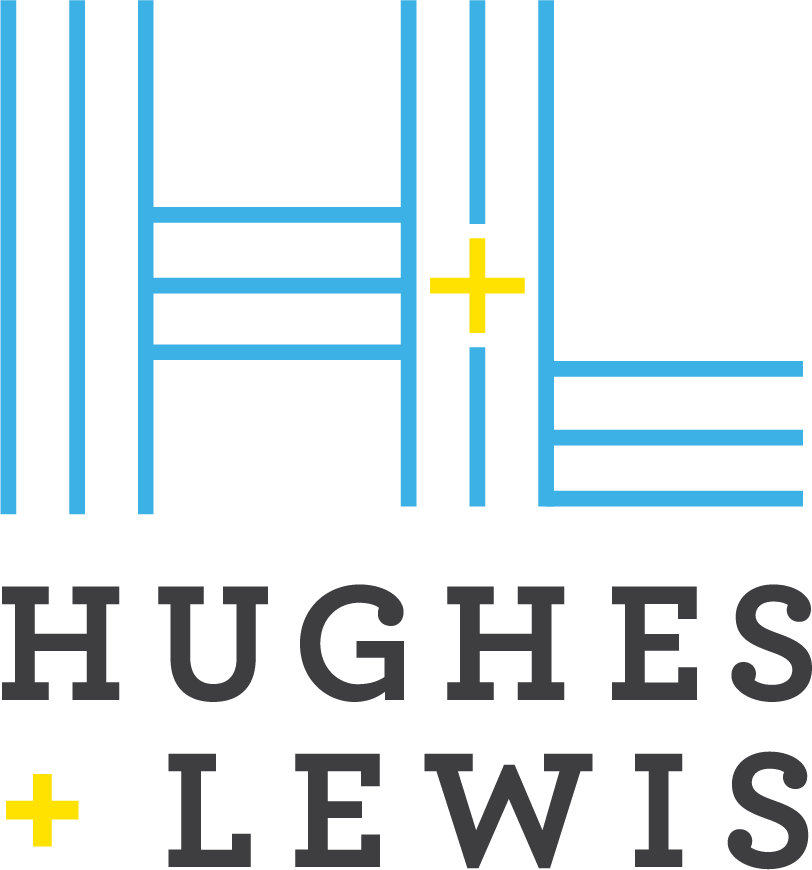Day in the life of a Brisbane workers’ compensation lawyer
At around 8 am I open my laptop at home while wearing casual clothes and sipping coffee bought from the café down the road. Like many workers’ compensation lawyers in Brisbane, my first port of call is to check emails and after I’m satisfied there’s nothing urgent, I start my tasks for the day.
Hughes & Lewis Legal is a Brisbane firm made up of 6 insurance lawyers who have come from traditional firms. We’re colleagues and friends. The firm’s business model allows all of us to work from home or anywhere in the world.
When Belinda Hughes and Jason Lewis opened their virtual door in 2018, working from home in the legal industry was still quite revolutionary but after the disruptions of COVID-19 this work model is now well accepted.
Like many work-from-home setups it can get lonely, so we use the office to stay connected. I tend to head in there once a week for ‘colleague-connection’ time, the occasional need to print, and the even more occasional need to post a letter. Also, there are 2 adorable and excited Staffies, Boots and Whisky (the resident office dogs), motivating me to leave my home.
In among my obligatory day-to-day, the best part of my job is learning about the different organisations and industries I have the privilege, as a lawyer, to defend.
Days of building relationships with employers in a workers’ compensation claim
The initial call to an employer, as part of a workers’ compensation claim, is always an unpredictable experience. Some employers are across the process, others are furious or worried and then there are those who are simply curious about what comes next. I often wonder how I would feel if I were in their shoes. I think I’d be a mix of annoyed and defensive.
Litigation is not something anyone enjoys. No one engages lawyers in happy times. Fortunately, a large part of what we do is to help employers through the process, reassuring them that we will get a result that reflects their definition of a good outcome, while guiding them on what that might look like.
Hearing an employer’s take on a claim – their initial concerns and their view on the person bringing the claim against them – is always insightful and it is very much a ‘tone-setting’ conversation for the claim. This chat can sometimes lead to our visiting the employer’s premises. Personally, these site visits are always a great day out and they benefit my understanding of an organisation’s system of work, who their management is, their culture, and how the incident occurred.
Days of detail
Our firm is different because we don’t have support staff. Our laptops and files are set up so that everything is online, and we even file court documents ourselves. We do the job of lawyer, law clerk and administrative assistant. The payoff is complete flexibility in where we work. We also have a newfound appreciation for the people who supported us when worked in more traditional firms.
Following any interaction with people during my day, I make detailed file notes. Although it can be mundane and time consuming, it’s essential for recording facts accurately, risk management and for keeping track of the level of detail I need to do the work. Writing, whether in a file note, advice, or strategy plan, fills many hours of my workday.
Throughout the claim investigation, the law requires me to disclose information I obtain from an employer to our opponents, unless that information is not directly relevant to the circumstances of the incident that amounted to the claim, such as fraud or credit information. In a complex claim, going through disclosure and determining its relevance can take a few days.
Days of negations and compromise
When I attempt to resolve a claim, the workday consists of finding suitable ‘lawyer’ attire and heading to chambers or a law firm to meet with the parties to a claim and their legal team. There, we participate in a compulsory conference which is a meeting of the parties (a compulsory step before any personal injury matter is litigated in Queensland) to discuss the claim and to try to reach a resolution.
If a result isn’t achieved, written final offers are exchanged which remain open for 14 days. If the matter settles (about 50% of matters settle at conference stage), a Release and Discharge is executed. I then make a call to the employer to inform them of the outcome of the conference (if they did not attend in person) and yes, you guessed it, I write another file note or post-settlement advice to my clients.
After a conference, I usually walk home from the city rocking a pair of flats (stashed in my bag because high heels are no fun) with my ear pods in, reflecting on what transpired. For the past 9 years I’ve wondered 2 things on a post-conference walk: what happened in that other room during the negotiations, and could I have achieved a better result for the employer?
I don’t have the answers and I’m realising I never will because that is the nature of negotiations and compromise. If the result honours your considered advice, namely what you anticipate a court would award, and the employer felt it was reasonable, then you can find solace in that. Scottish writer Robert Louis Stevenson said it best: ‘compromise is the best and cheapest lawyer’.

